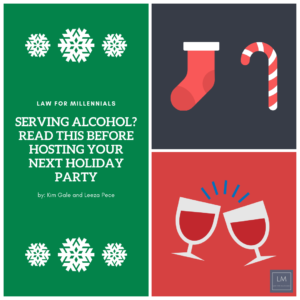
The holiday season has arrived, which means that your social calendars are likely filling up with holiday parties. Many of you may also be sending out invites for your own holiday parties.
As a party host, you want your guests to have fun. But as Spiderman’s uncle once said, “with great power comes great responsibility.”

You have the power to throw an amazing party this holiday season, but as a party host, you also have a responsibility to keep your party guests safe.
When hosting guests in your home, you may actually be liable for their injuries.
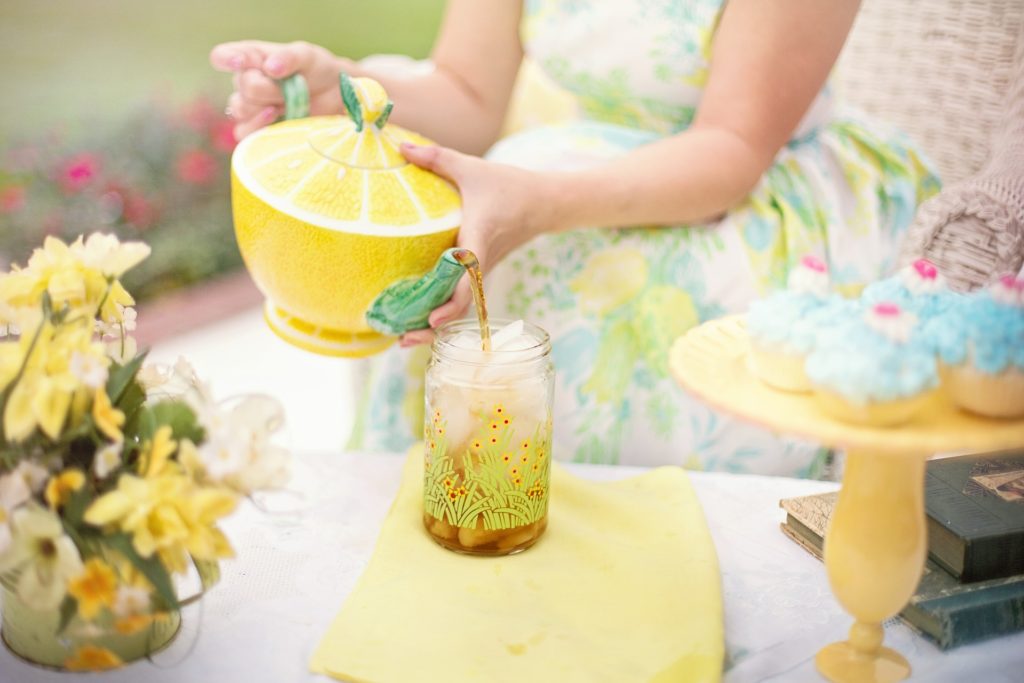
But what does this mean?
You = Occupier
As a property owner or tenant, you are considered an “occupier”.
If you are an owner or renter, you are an “occupier” and this means when people come over to your place you have to keep them reasonably safe from harm (s.3 (1) of the Occupier’s Liability Act). We’re not talking about that pile of smelly clothes (or are we?), think smoke alarms, the broken balcony railing, or an icy front porch.
Let’s use the balcony example – if someone goes out there and falls, you might be on the hook if you knew about it and didn’t take reasonable steps to fix it or help guests avoid it. Putting up caution tape or a sign telling your guests to stay off the balcony (or both) would help show you did something to keep everyone safe.
You = Social Host

Aunt Marjorie stays off the balcony but she drinks a few too many mimosas. She gets into her car and drives home, but she doesn’t make it home because she crashes her car and breaks her neck.
Are you liable for her injuries?
Aunt Marjorie isn’t at your party at your house when this happens. You kept her off the broken balcony, so you fulfilled your duty as an occupier while she was at the party.
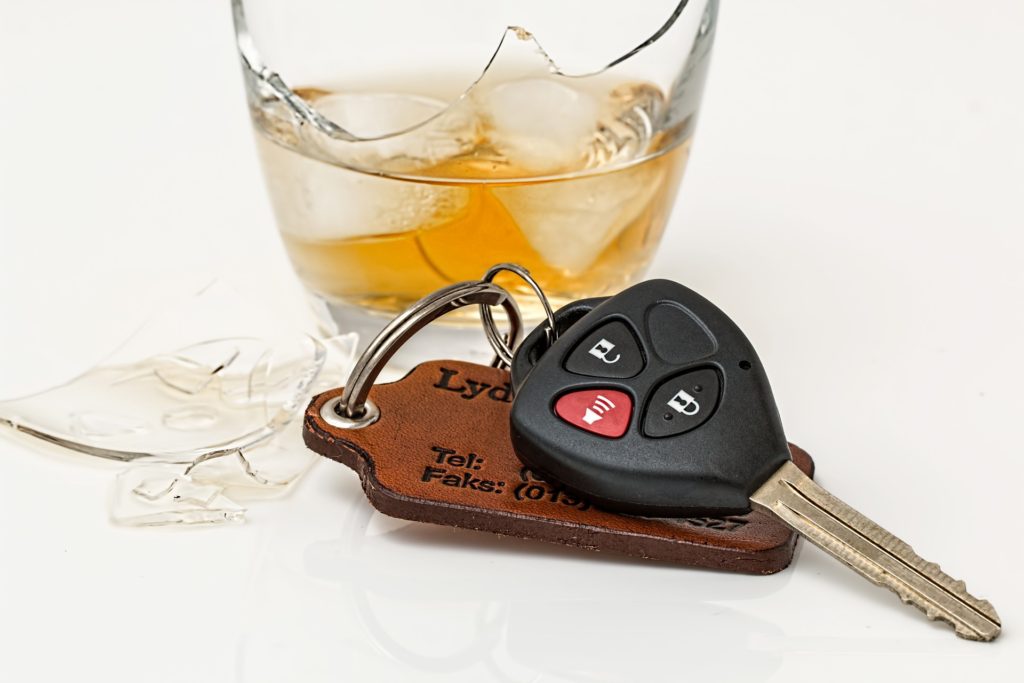
Since her injuries occurred off your property, this is no longer a case of occupier’s liability. Does your duty to keep your party guests safe still apply even after she’s left the property? This is where a concept called “social host liability” kicks in.
The answer is that you are generally not responsible for her injuries. Guests don’t just check their autonomy at the door when they enter your party. You are not automatically liable for Aunt Marjorie’s actions just because you hosted the party where she drank alcohol.

There has to be “something more” to create a “duty of care”.
These circumstances include whether the host creates an obvious risk, where there is a “paternalistic relationship” (child/parent, student/teacher), or you are hosting a public/commercial function.
Hosting a party where you are aware of underage drinking may fall into one of these categories and create a duty of care (Wardak v Froom).
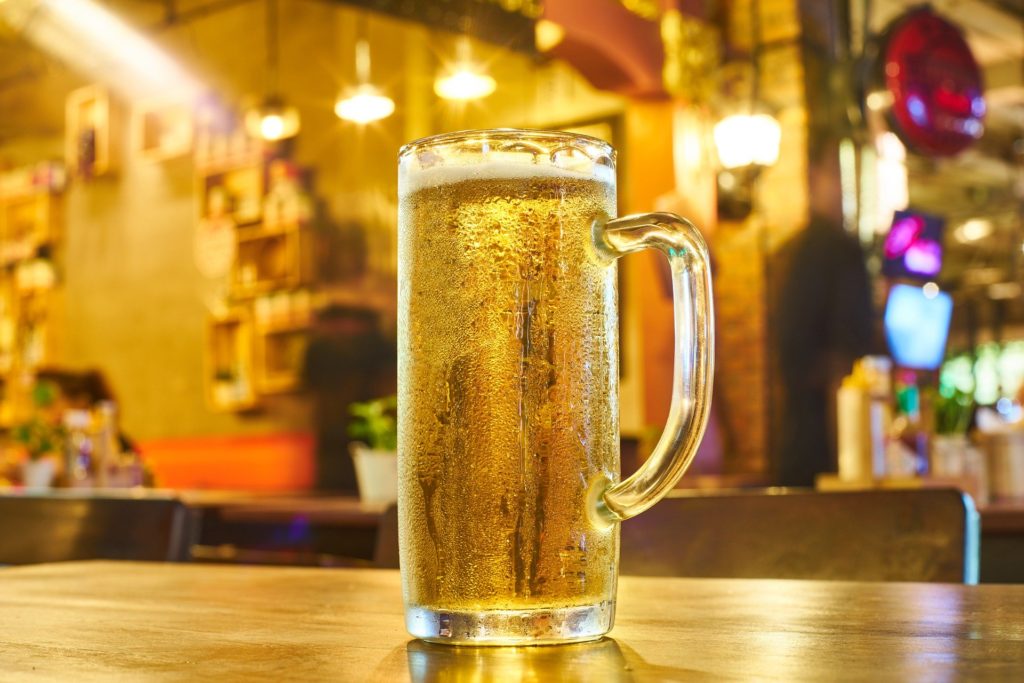
The scenario would be different if Aunt Marjorie drank at a bar and then drove. You guessed it, a “commercial host” has different responsibilities than a social host. This makes sense, considering they make money from selling alcohol and have to follow strict laws about serving alcohol.
The only thing you get out of your Christmas party is laughing at Uncle Tom when he takes his toupee off!
Now, what happens if Marjorie leaves your house incredibly drunk, drives into another car, and hurts someone else?
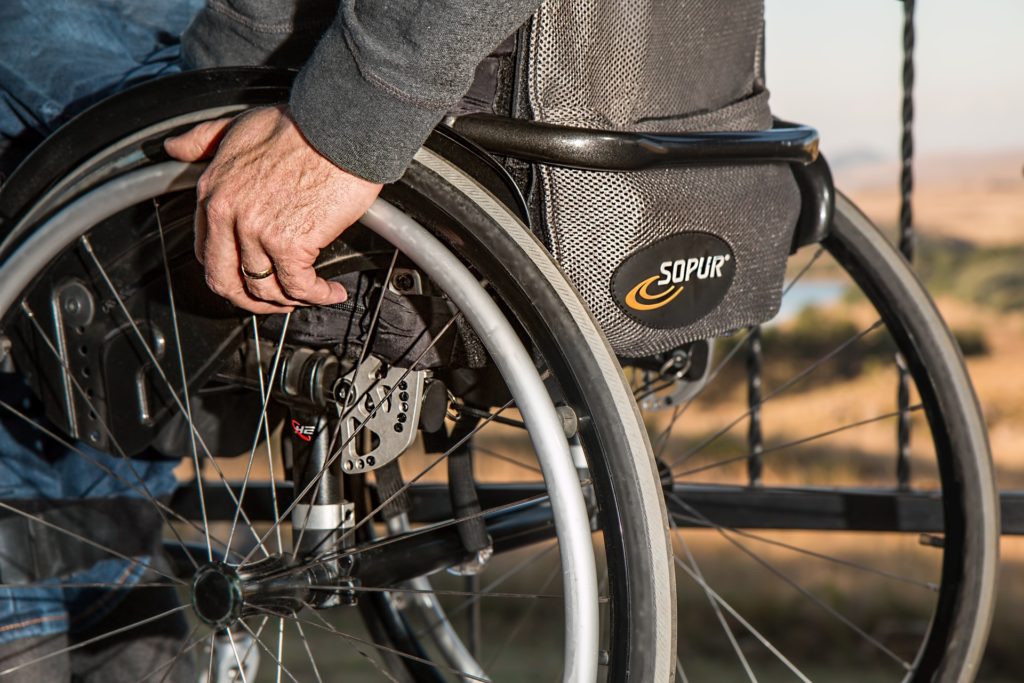
This scenario was considered by the Supreme Court of Canada in the landmark case of Childs v Desormeaux. You’ll be relieved to know it was decided that generally a social host does not owe a duty of care to the potential victims of their intoxicated party guests. Again, hosting a party where alcohol is served does not in itself create a risky situation, there must be something more in order to create a duty of care and attract liability.
The bottom line is that the concept of social host liability is still a developing area of law and may be expanding.

So, if you are hosting a party this holiday season take steps to keep your guests safe in your home and after they leave.
If it is cocktail night, provide some food and water (or other non-alcoholic options) and don’t let anyone drink and drive! Give them a blanket and a couch, or call them an Uber!
Stay safe and happy holidays – see you millennials in 2020!


